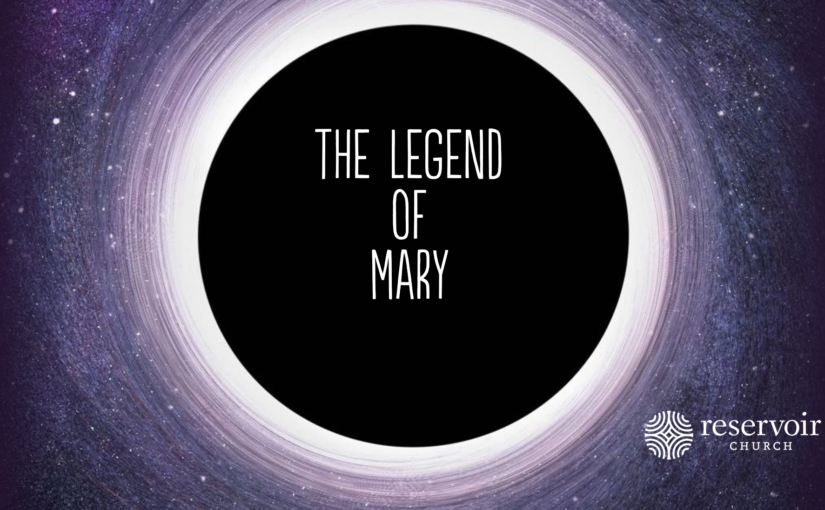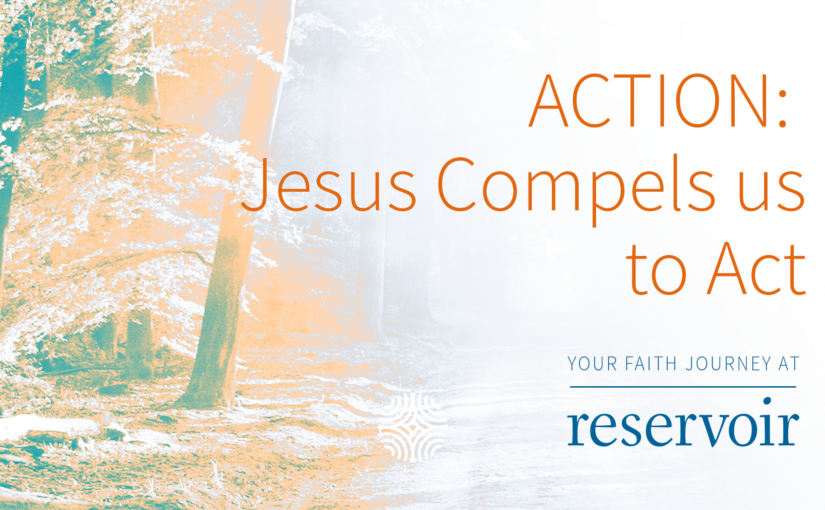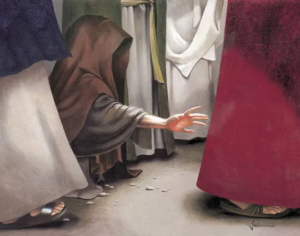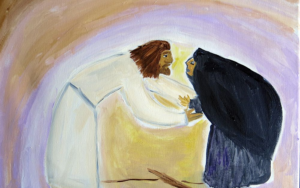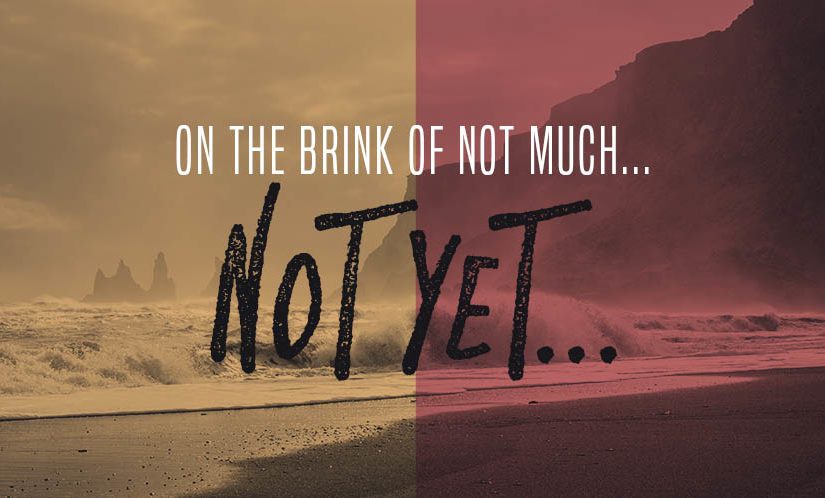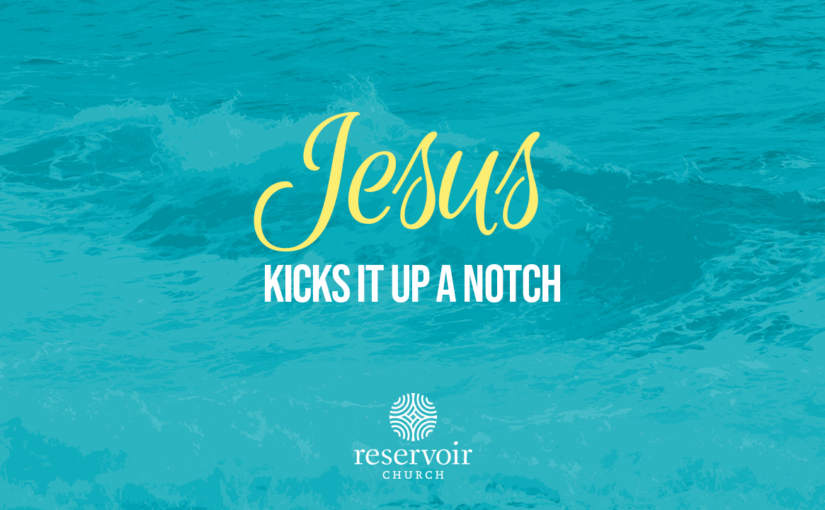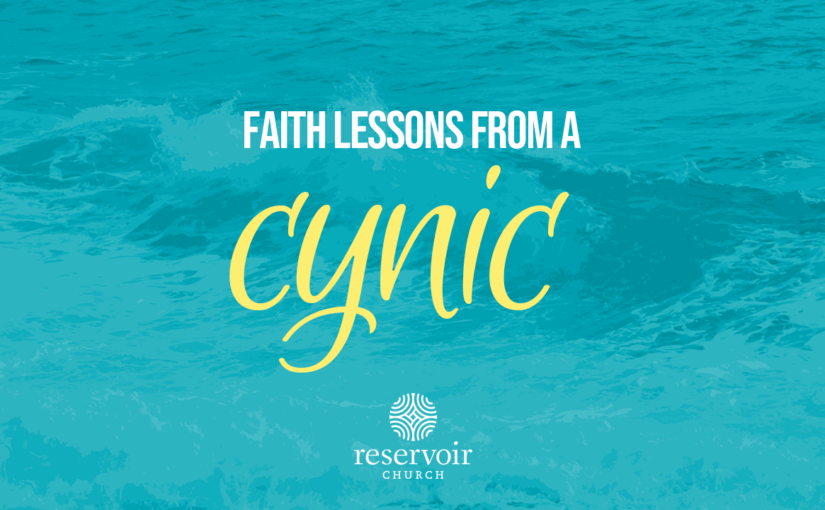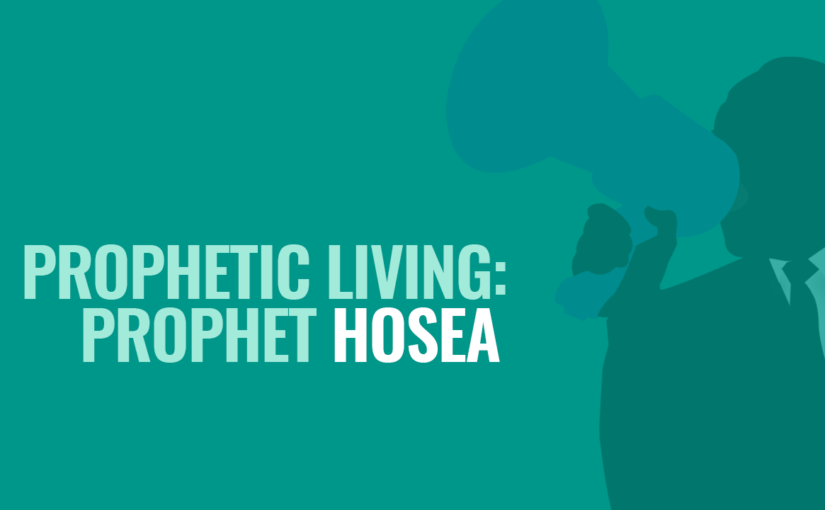Kids say the darndest things. My first Christmas as a youth pastor, I had a kid say in our group time, “You know Christmas was stolen from a pagan holiday.” As they do. And there it unraveled the myths of christmas and our Bible study debunked in the face of good education and intelligent self thinking kids.
Turns out, she was right. Jesus’ birthday, known as Christmas, on December 25th is not in the Bible. Turns out, there has been celebration of hope and light in the midst of the darkest of winter solstice, in various cultures and time in history before Jesus, where they cut evergreen trees and bring it inside or have big extravagant parties to celebrate the sun god. These stories, these histories, these myths – what are we to do with them? And in light of them, then, what is the significance of the Christmas story? How do we unpack the religiosity and the politics that wrap the story of the birth of Jesus by co-opting other traditions with their power? If Jesus wasn’t born on December 25th, what are we even celebrating? Are these all just lies?
That’s what my youth group kids were alluding to when they asserted their knowledge. And my kids, oh they loved seeing me try to make sense of it and do cartwheels around their smarts. And I didn’t want just smooth over them. I wanted to engage them. It’s not like I could only tell the Christian tradition and not expect them to be challenged with other traditions. In fact, in a pluralistic world as today, we can’t be ignorantly covering our ears and belly gazing our own well known story of Jesus. It is, and it must be comparable with the respect and dignity of other traditions. It should be investigated and humbly engaged with BOTH the miraculousness and as some would claim the ridiculousness of the story. Otherwise this wouldn’t be a church, it would be a cult, where questions or critical thinking are not welcome. The Christmas story also must come to terms with the colonized history that retells the story, knowing that the story does not come to us in a vacuum. It comes within the confines of certain theologies. Certain worldviews. Certain perspectives. Stories come in containers. You’ve heard “medium is the message.” And if we know that, we must be sophisticated enough to pull apart the medium from the message.
Why bother? Why bother thinking about the context of the biblical writers? The Bible says it, so I believe it? Why bother considering the cultural context of the tradition that’s been passed down to us? Because I believe that the message behind the medium, is at core, the message of Good News. A message of promise. What is the promise? I’ll get to that in a few minutes.
Here’s what I mean.
One of my favorite movies is “Big Fish.” It’s a Tim Burton film with Ewan McGregor. It’s a telling of the story of the father’s life, but in a fantastical beautiful exaggerated way, as it says, “the way he told me”. The movie is definitely a very much like a fairy tale with witches, giants, siamese twins and all. The son, Will decides to try to get to the truth of the stories, traveling back to their hometown. Now, Will’s disappointment in his father and frustration of having been lied to about the details of his life, takes the backseat when he realizes the beauty and the actual capturing of its grandeur of the “truth” behind the story. Sorry for the spoiler. It’s still worth checking out if you haven’t seen it, as Tim Burton does capture it magically. In fact, isn’t it sometimes that poetry is closer to truth than facts. Fiction brings about real human experiences alive and makes us enter the story and feel, embody, with empathy through our imagination. Myths include more meat than mere historical accounts. Well, I mean even historical accounts are…. Well, just an account.
Theologian Frederick Buechner in his book called Telling the Truth: the Gospel as Tragedy, Comedy, and Fairy Tale, says, “The preaching of the Gospel is a telling of the truth or the putting of a sort of frame of words around the silence that is truth because truth in the sense of fullness, of the way things are, can at best be only pointed to by the language of poetry–of metaphor, image, symbol–as it is used in the prophets of the Old Testament and elsewhere.” Let’s let the silence of truth ring as we take a look at the image of Mary today.
The Christmas story, the birth of Jesus, we have only 2 accounts of it in the Bible, Matthew and Luke. Mark, he actually doesn’t even mention it. The book of Mark starts instead with the baptism of Jesus. Which is interesting point about what baptism is, the moment in which God claimed Jesus through a voice from heaven saying, “You are my beloved Son, in whom I am well pleased.” a very particular set of words, a formulaic words of the ceremony of adoption from that time and culture actually. But I digress. So, Matthew has the birth story, more from the angle of Joseph and Luke more from the perspective of Mary. Here at Reservoir, we’ve been in the Advent Series of pilgrimages. We’ve been following the various journeys of different characters in the Christmas story. I’d like to take a look at the pilgrimage of Mary today. Receiving the story as is, like Will in Big Fish trying to excavate the truth behind the story, let’s see if we might be able to enter the story in all of its fullness of miracles. It’s Christmas week. Let us enter into the magic of Christmas with a sober mind and open hearts. Let me read the text for us.
Luke 1:26-56 New International Version (NIV)
26 In the sixth month of Elizabeth’s pregnancy, God sent the angel Gabriel to Nazareth, a town in Galilee, 27 to a virgin pledged to be married to a man named Joseph, a descendant of David. The virgin’s name was Mary. 28 The angel went to her and said, “Greetings, you who are highly favored! The Lord is with you.”
29 Mary was greatly troubled at his words and wondered what kind of greeting this might be. 30 But the angel said to her, “Do not be afraid, Mary; you have found favor with God. 31 You will conceive and give birth to a son, and you are to call him Jesus. 32 He will be great and will be called the Son of the Most High. The Lord God will give him the throne of his father David, 33 and he will reign over Jacob’s descendants forever; his kingdom will never end.”
34 “How will this be,” Mary asked the angel, “since I am a virgin?”
35 The angel answered, “The Holy Spirit will come on you, and the power of the Most High will overshadow you. So the holy one to be born will be called[a] the Son of God. 36 Even Elizabeth your relative is going to have a child in her old age, and she who was said to be unable to conceive is in her sixth month. 37 For no word from God will ever fail.”
38 “I am the Lord’s servant,” Mary answered. “May your word to me be fulfilled.” Then the angel left her.
39 At that time Mary got ready and hurried to a town in the hill country of Judea, 40 where she entered Zechariah’s home and greeted Elizabeth. 41 When Elizabeth heard Mary’s greeting, the baby leaped in her womb, and Elizabeth was filled with the Holy Spirit. 42 In a loud voice she exclaimed: “Blessed are you among women, and blessed is the child you will bear! 43 But why am I so favored, that the mother of my Lord should come to me? 44 As soon as the sound of your greeting reached my ears, the baby in my womb leaped for joy. 45 Blessed is she who has believed that the Lord would fulfill his promises to her!”
46 And Mary said:
“My soul glorifies the Lord
47 and my spirit rejoices in God my Savior,
48 for he has been mindful
of the humble state of his servant.
From now on all generations will call me blessed,
49 for the Mighty One has done great things for me—
holy is his name.
50 His mercy extends to those who fear him,
from generation to generation.
51 He has performed mighty deeds with his arm;
he has scattered those who are proud in their inmost thoughts.
52 He has brought down rulers from their thrones
but has lifted up the humble.
53 He has filled the hungry with good things
but has sent the rich away empty.
54 He has helped his servant Israel,
remembering to be merciful
55 to Abraham and his descendants forever,
just as he promised our ancestors.”
56 Mary stayed with Elizabeth for about three months and then returned home.
Every good story starts with an origin story. Startup stories like How I built this podcast. Or how two people met and fell in love. In the ancient world, all heros, important figures had an origin story. It’s a way of meaning making and connection building people groups have been doing for ages. This story is at face value a joyful, hopeful story. But it’s not without a pang of tragedy. It’s a bit glazed over but it’s there.
When my little girl Sophia who’s 14 months old now, grows up, I will tell her, that…
On the morning of her delivery, after I was induced at Mt Auburn hospital, your Dad and I went on a walk along the Charles River as we waited for you to come pushing out of me into the world. I was scared. It was good to walk and get out of the hospital room, hooked up to machines to monitor your heart rate. There had been this song Umma made up for you. Jagabee, Jagabee, Umma loves you Jagabee (the in utero name we had been calling her, named after our favorite asian snack). It was in a minor key, as I’m often drawn to a little blues, a little dissonance, a little smudge in life that makes things unique and beautiful. We were singing it for you. And Dad was trying to rewrite the song into a major key. Jagabee! Jagabee! Umma loves you Jagabee! Now, neither of us are musicians. Eugene’s an actuary. Despite Umma’s disposition toward minor keys, we wanted you to know and experience joy, happiness, an ending without a hanging sad note but with a nice resolution. We sang the song in variations until we forgot how the original song went. And I hope that that’s always true for you. That no matter what happens in life. If it plays for you minor notes, may you re-sing and reclaim your song majorly.
Fredrick Beuchner also said, “The Gospel is bad news before it is good news.” The reality of Mary’s story is that… this is not just a happy story. It actually starts with bad news. On a minor key. Getting pregnant out of wedlock was bad news. It would’ve been a death sentence for the girl in that culture where attachment to a man through proper manner was everything. I mean, it still is in some circles today.
The writer, Luke wanted to pass down Mary’s origin story of Jesus to the next generation. Around 80 CE, as the community of Jesus followers were beginning to form its own unique identity, it was probably important for them to start getting it down in writing. The eye witnesses, the various versions of the stories that were passed on orally. Which is why we have the 4 gospels, with some of the events with varying details. The “discrepancies” between the stories do not make them unreliable but adds to the truth of the fact that multiple people experienced Jesus in different ways. If my sister and I each wrote letters about my mom, it would be very different stories. Neither are untrue. And if my brother wrote about my mom, well it would be songs not letters. Similarly, Matthew had an approach to the Jewish audience where he incorporates much of the Jewish texts to tell the story of Jesus, fulfilling the Hebrew Scriptures. Mark has a very swift way of telling the story, shortest of the 4, often just quickly capture what happened. Luke is a bit more elaborate. He’s educated, known to us as to be a physician from other sources. He has intent and a theological focus in the retelling of his stories. And John, much like my brother Johan, which by the way is John in Korean, John is so poetic. In the beginning was the Word and the Word was God. Like you gotta snap through reading John like a spoken word poetry slam.
How did Luke come to capture this account of Mary’s pregnancy? Biblical scholars point to a possible earlier source that Matthew and Luke probably utilized in each of their own accounts. Luke wasn’t there, with Elizabeth or Gabriel. Mary and Elizabeth must’ve told their husbands, their friends, their community. They probably posted on their wall and people liked and loved it. But they probably didn’t record it. The text we have today is a piecing together from the best of their ability, with their most reliable sources, a narrative that Luke wrote, as he says at the beginning of his book, “Many people have set out to write accounts about the events that have been fulfilled among us. They used the eyewitness reports circulating among us from the early disciples. Having carefully investigated everything from the beginning I also have decided to write a careful account for you, most honorable Theophilus…” It’s not a transcript. The Bible is not a history or a science book. It could be said that it’s actually closer to investigative journalism. Luke was likely commissioned by Theophilus, to get it right. He wanted to set the record straight. So he says the story went like this,
Mary was greatly troubled.
And the angel said, don’t be afraid.
And Mary was like, but how?
And the angel said, the Holy Spirit will take care of it.
And Mary said, may it be so!
I genuinely believe that Luke did his best in trying to capture the glory and honor of Jesus’ birth story. But I think it moved too quickly to Mary’s properly mannered obedience, as is a model woman’s role to be of such nature. And in doing so we miss out on the pain of Mary. Her struggles. Mary’s darkened soul in the face of the realities of her world. Maybe it would’ve been too scandalous to keep it too accurate to her experience. Maybe Luke wanted to highlight the hope part more than the tragic part. And maybe in a sense, that’s why the Christmas story sounds a bit more like a fairy tale. I excavate the story to find the wedge in the joy. Because I personally find the wedge in joy often in life. I don’t know about you, but in the midst of this supposedly joyful season, I find the wedge actually widening and taking up even bigger space amidst the jolly holly. The cold air of those who are not with me are more chilling. The loneliness of being estranged from some family members more painful. Amazon prime orders made to their houses fall short of the embrace I want to give them. All the celebration, the warmth, the love in the air contrast too starkly to the sadness I feel. And I think Luke preserved that wedge for me in Mary’s song, also known as the Magnificat. In it, it peers deeper into darkened world of Mary’s. Juxtaposed by her hope and victory, she shed light onto the world in which Jesus is born into. This is her reality, hope she made sense of what was happening, and her theology. What is God doing by coming into this world? She says,
God as scattered those who are proud in their inmost thoughts.
God has brought down rulers from their thrones
but has lifted up the humble.
God has filled the hungry with good things
but has sent the rich away empty.
There is this cry of petition, of resistance in this song. A proclamation not of only praise but a preaching, a speaking into the future of how things better be in the future. The proud scattered. The rulers brought down. How the humble shall be lifted up. How the hungry will be fed and the rich left empty. There is a switching of order. And she knows this order because she herself has been the back end of this order. She knows humiliation. She knows rejection. She knows what it’s like to be marginalized. For her, this is personal.
I don’t know exactly how it all went down. I believe that Luke capture the legend of Mary in a way that tries to honor her. But the reality is, Mary was not that honorable at first. Let us not white wash her trauma. This is a tragic moment for her before it was a divine revelation. She was freaked out. She was mortified that her parents would find out or people would gossip about her. Her sexuality in questions. She was ashamed. She was heartbroken with the possibility of her fiance breaking the engagement. She needed Elizabeth to talk to and calm her down, for 3 months! Heck she needed an angel! All I’m saying that it probably didn’t exactly happen the way Luke captured it. Many parts of it corroborate with Matthew’s account. Many other parts do not. Maybe she didn’t agree to it so quickly at first. Maybe she retold the story after Jesus grew up, realizing what God had done with her story, with her shame. Maybe people retold and retold the story mixing their growing hope into it more than their fears. Quoting Beuchner again, “It is impossible for anybody to leave behind the darkness of the world one carries on one’s back like a snail, but for God all things are possible. That is the fairy tale.” Maybe Jesus wasn’t born on December 25th.
Accurate factual stories are too small to hold the miracles of God. When a smart person asks you questions about your faith, poking holes into the Bible stories, Do not be afraid. I was afraid when my youth group kid asked me. Teenagers can be scary! We all know how the Bible was written. If not, you can google it. It’s not a secret and it’s a part of human history, passed through many tainted hands. I’m okay with saying that there are many variations of these stories, edited by multiple people and generations over time, written with a theological agenda, intent, and purpose, to preserve the message, the promise. Then, how can it be true? How does the Christmas story hold up? Why should it even matter? The Legend behind the Myth. The truth behind the history. The Promise behind the story. What’s it to me?
What is truth? Truth is what we deem to be important enough to say again and again, in community, and pass down to the next generation. Whether it’s true or not, is for the each generation to decide. If it is compelling enough, it will speak for itself. Truth need not be forced or manipulated. Truth, even if threatened does not shrivel, when shed of its complexity is not muddled, but continues to reveal in new ways, growing deeper wider web of roots in which it stands. Through it all, the myth, the legend, the history – the promise is clear.
And the Promise is that, the illegitimate is made legitimate. The Illegitimate is made legitimate. Not only so but beautiful, miraculous, and holy. The promise is that God forsaken situations are covered by God’s mercy and purpose. The sidelines become the center. That shattered dreams are mended with gold. Tricky situations are turned into defining moments. The disgraced are lifted.
Not just a once upon a time but right now, right here, that’s the promise. God is brewing, in the belly of Mary and at the core of you. This is what Mary proclaimed in her song, that God uses the foolish to humble the proud.
If your heart is broken. If you’re despairing. God sits with you. If you’re down and out, feeling cast out. God is on your side. If you are depressed, anxious, worried, deflated. God stands with you. If you are suffering, oppressed, and enemies stand against you. God moves toward you. Not only so, God sees to it that you are brought back to the center, made whole, loved and claimed as God’s own, and reinstated back into a righteous justice realm where God reigns. This is the miracle work of Christmas that God is doing, through the marginalization of Jesus in a broken world. In the face of a life tragedies, which there are many, may The Holy Spirit come on you, and the power of the Most High overshadow you. Amen.
Invitations to Whole Life Flourishing
Move in towards the messes of your life. Or the messes of others. See if you can find it to be a place that can be fertile soil to something miraculous, beautiful, holy.
Don’t see it with the world’s eyes, as failure or a mistake. See if you can recognize the divine manifestation through the ugly, the shamed, the illegitimate.
Spiritual Practice of the Week
Close your eyes and imagine Mary’s experience. Visualize looking into the room where Mary first found out that she was pregnant. Try to sit with her emotions that she might be having. Notice and simply witness both the natural fear and the supernatural strength. After, journal how that experience made you feel. What did it bring up for you?


